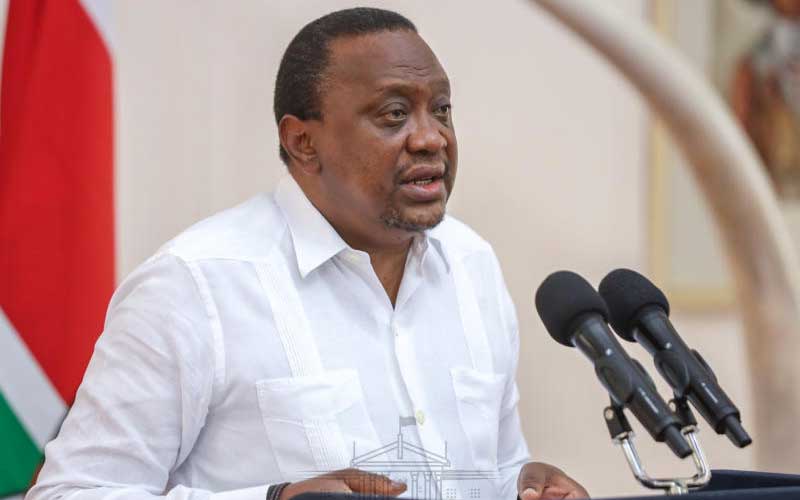×
The Standard e-Paper
Fearless, Trusted News

President Uhuru Kenyatta during the virtual celebration of International Youth Day, Wednesday, August 12, 2020. [PSCU]
Too much of Jubilee's time has been spent on rhetoric, so much that it is now highly unlikely the Big Four agenda will be fully implemented. The emergence of coronavirus and its attendant ravages seems to have driven the last nail in the agenda's coffin, and that is because Covid-19 commandeered all aspects of our lives and froze everything.